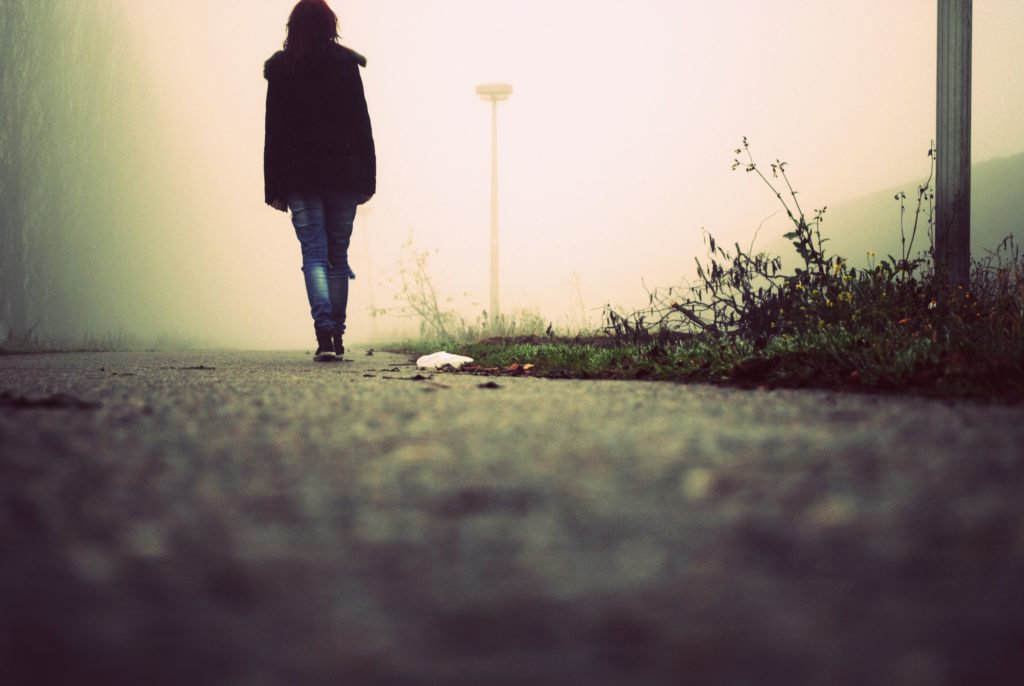I wrote this article for my small town paper’s Faith & Values page. (I know, we are in the South.) Some of the references are local ones.
My cross-cultural training to become an international missionary took place in a community vastly different than my own. But I didn’t need a passport to get there.
America is no longer a cultural melting pot. Sociologists call us a salad bowl. Tomatoes are distinct from cucumbers, often sharply divided. They don’t blend well, but a good salad needs both.
For my four month training, I lived embedded in an African-American home near LA. I worshipped in a black church and ministered in the projects. My hosts, a wonderful couple in their sixties, answered any question I had.
Over cornbread one evening, Sonny, one of the gentlest souls I’ve ever known, described life when he walks down the street. White women cross to the other side. Patrol cars slow down.
Just because of the color of his skin.
I don’t pretend to be an expert on racial issues after four short months. I haven’t lived as an object of prejudice. But I can see the injustice.
More killing doesn’t solve the problem. It only inflames anger, escalates violence, and leaves more people to grieve.
“Any man’s death diminishes me, because I am involved in mankind,” writes poet John Donne in 1624. Any man, woman, or child. Period.
So what’s the answer?
Part of it is to seek to understand. Look at life from the other’s viewpoint. A Native American proverb cautions us to “never criticize a man until you’ve walked a mile in his moccasins.”
Friday night, at TGIF, my husband and I sat near two high-school boys. One was black and the other white. They spoke to us, amazing enough. But more impressive was the genuine friendship they shared. They talked about Crossover Athletics camp, teaching values beyond basketball.
The Bible goes even further: “Be kind to one another, tender-hearted, forgiving each other, just as God in Christ also has forgiven you.” Ephesians 4:32
Understand. Forgive. Sound impossible?
It is. Only through receiving Jesus’s forgiveness can we truly forgive others.
As a missionary in Cluj, Romania, I saw this in action. Many students, both Romanians and Hungarians, found new life in Christ. Their faith empowered them to rise above the centuries-old hatred. They loved each other and became friends. The whole city noticed the change.
Last June, the Charleston church’s immediate response was forgiveness. They passed on the amazing grace they’d found in God.
My hero in the faith, Corrie ten Boom, had reasons to hold on to hate. She suffered in a Holocaust concentration camp because she’d hidden Jews. Her sister died in that camp.
A few years after the war, she spoke on forgiveness in Germany. One of her brutal guards asked her to forgive him. She couldn’t do it. But she knew that God wanted her to try.
So she took a baby step, moving her arm to take the guard’s hand. She records the remarkable thing that happened:
“The current started in my shoulder, raced down my arm and sprang into our joined hands. And then this healing warmth seemed to flood my whole being, bringing tears to my eyes.”
She forgave him. “I realized it wasn’t my love. I had tried, and did not have the power.” God gave her that ability.
If anyone was justified to retaliate, it was Jesus. Blameless yet falsely accused, he loved instead. From the cross, He prayed, “Father, forgive them.”
The ground is level at the foot of that cross. There, broken people find forgiveness and grace. Imperfect people, like each of us. When we receive it, then we can extend it to others.
Haven’t we been diminished enough?
Thanks taryn. This encouraged me
I’m so glad, Marian!